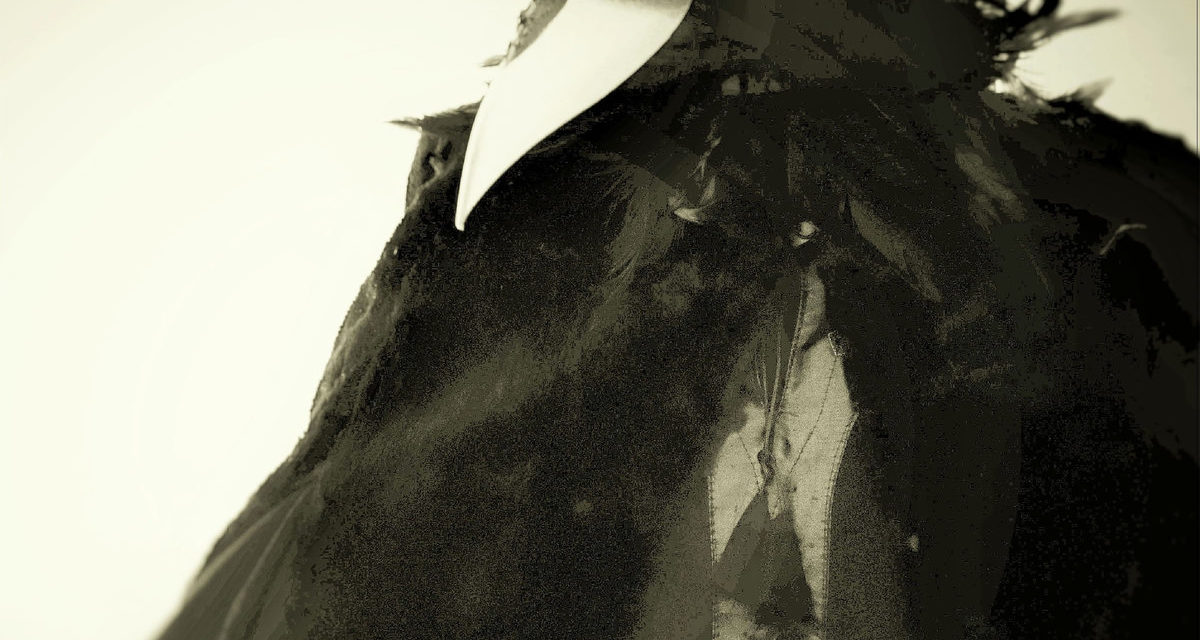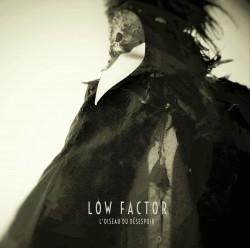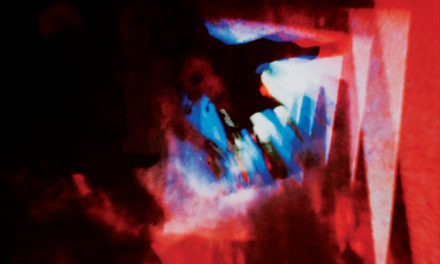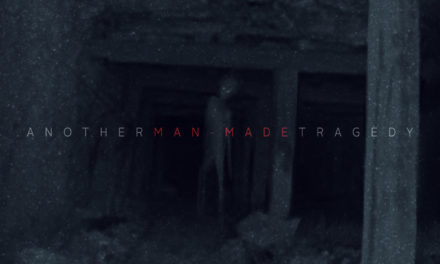Low Factor
L’Oiseau du Désespoir
Young And Cold Records
The line between coldwave and minimal wave is one often obscured by synth pads and frost, and the latest LP from Montreal’s Low Factor shows not only how vague that border is, but also how easily it can be traversed to make a stylistic point. While never straying too far from a tersely programmed toolkit set out from its beginning, L’Oiseau du Désespoir manages to wring a balanced and engaging set of tunes, alternately stringent and florid.
L’Oiseau du Désespoir makes a good amount of hay from its outset as a stripped-down and decidedly mean sounding release. The often sparse and fatalistic arranging of drums and synth-bass which accompany Rubin’s vocals convey a Saturnian dissatisfaction which seems to be begging for a more expressive and cathartic vehicle (see the pensive “Waste Island” which acts as a representative introduction to the record). That hesitation isn’t necessarily a weakness, but rather acts as a telling damper on the pop melodies Low Factor are alternately exuberant about exploring and hesitant to show off.
It’s in the moments where L’Oiseau du Désespoir moves away from its melancholy moods that the kinetic potential of Low Factor’s sound is made apparent. Dancefloor-driven numbers like “Facedown” and “Souffrance Castel” (which offers up an especially fun, tropical outro) don’t vary so much from their moodier brethren in sound – the same thudding yet muffled kicks and piched up synth bass hold sway – only arrangement. It’s tempting to imagine a version of the record chock a block full of immediate bangers like these, but in all honesty their impact would be lost within identical company: their quick and desperate gallops full of vitae feel lively mostly in comparison to the record’s more taciturn numbers.
This manic back and forth betwixt unimpressed and over-stimulated synth numbers carries with it enough froth and tension to sustain an enjoyable (?) coldwave record, but the album’s final move, a decadent mix of off-tune synth melodies and warbling rhythmic elements, explodes the whole dialectic. “Terminal” tosses a barrage of off-kilter horns and synths at the listener which are simultaneously more expressive yet also more hamstrung than anything else on L’Oiseau du Désespoir. Self-defeat or savvy triumph? It’s up to you.






